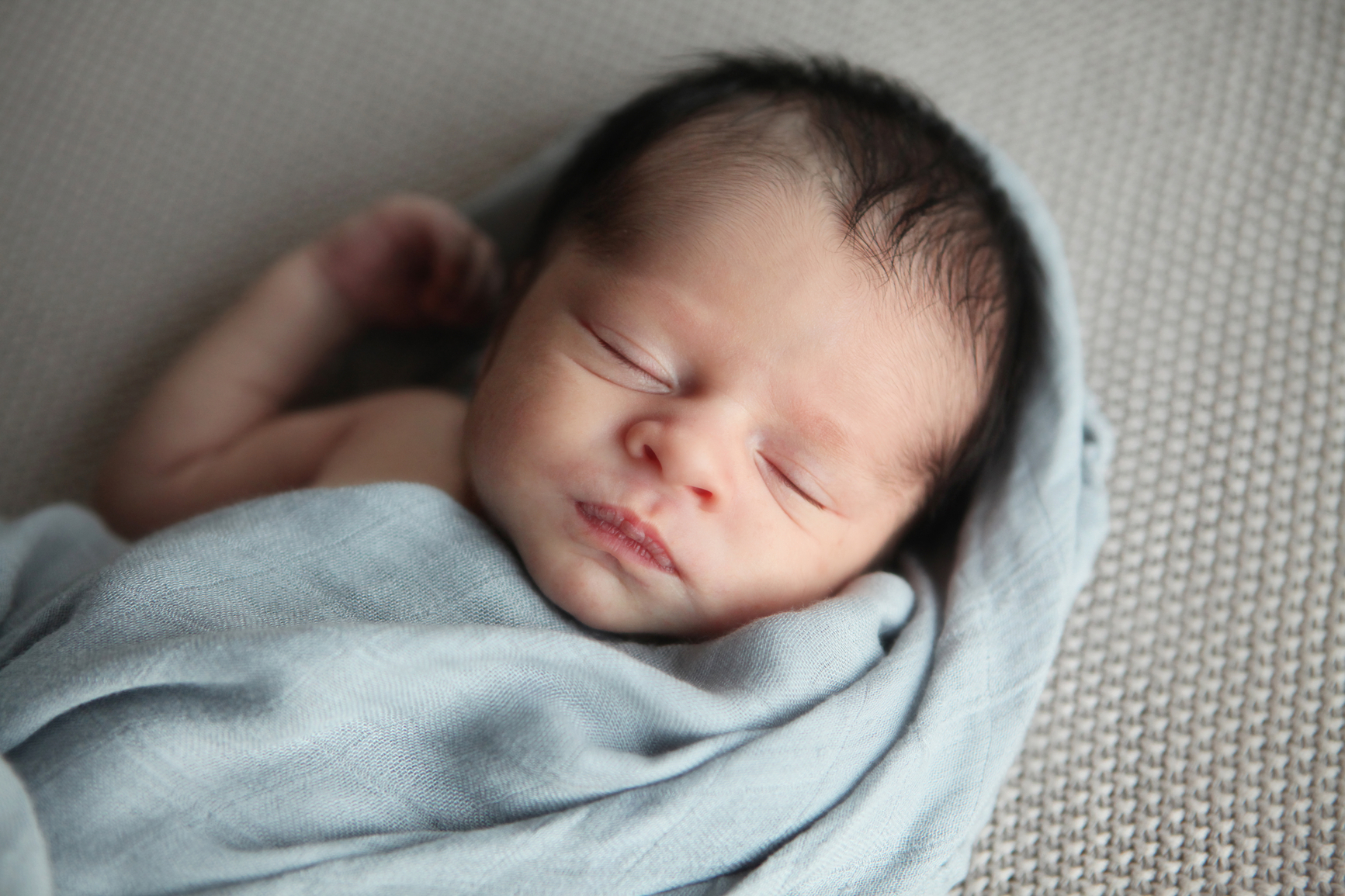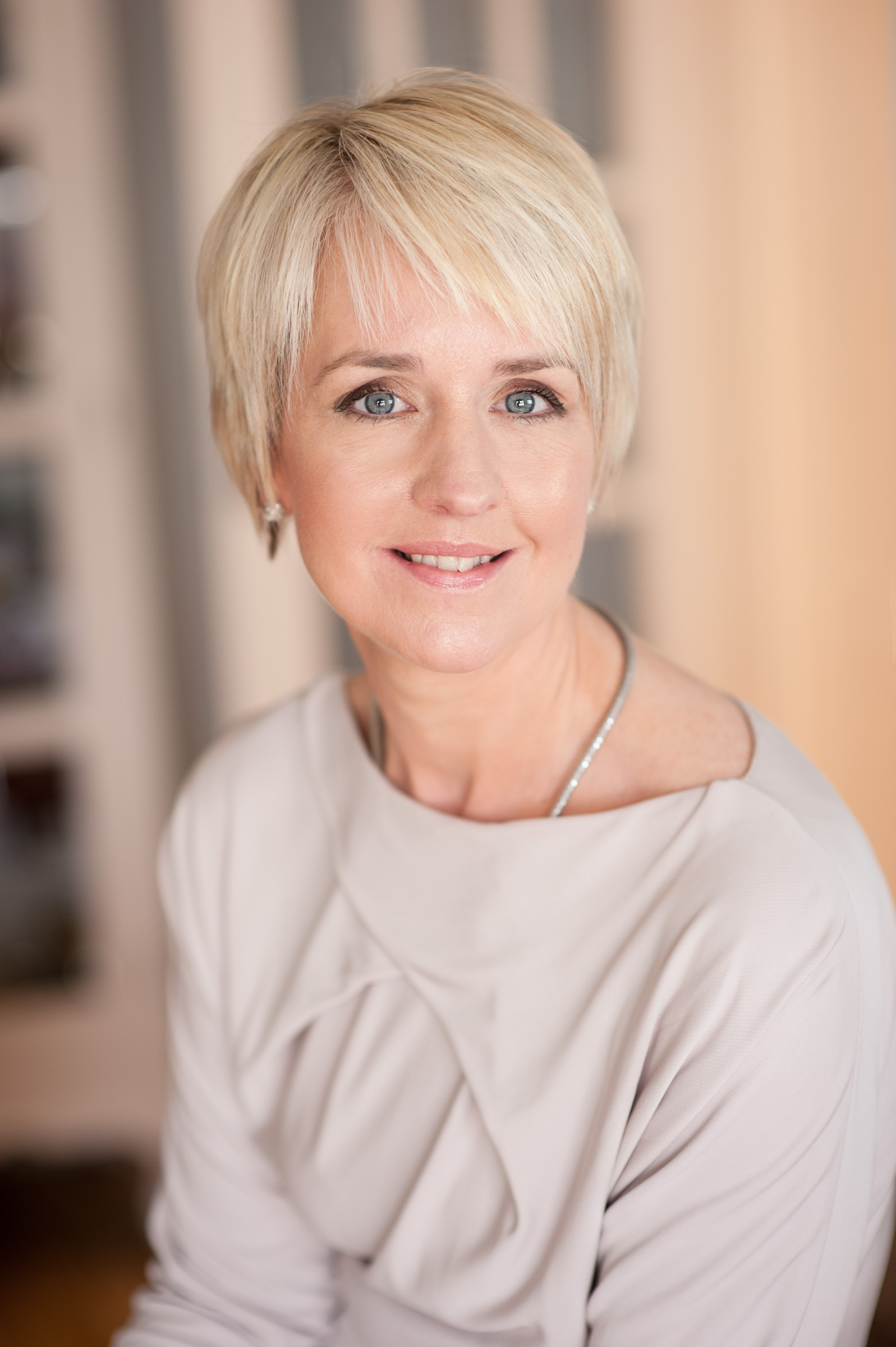Young babies are notoriously bad sleepers and sleepless-children are one of the biggest challenges faced by parents of an otherwise healthy child. At the start, from birth to around 4-6 months, I would expect most parents to have frequent night time awakenings for feeds and variable naps scattered throughout the course of the daytime. It can be a challenging time for all involved especially if your baby is fussy or colicky. There are a number of gentle, natural solutions that may help you newborn sleep better-here’s a few ideas:
- Have a regular wakeup time to help regulate your small baby’s body clock. Generally, anchoring the day with a 7.30am get up, feed and start the day can help adjust the body clock and open up the natural nap times. Sleeping later in the morning, especially if you have had a sleepless night can often become a vicious cycle making it difficult to establish daytime sleep and bedtime. Even though it may feel difficult to do-Get up! Expose your baby to bright, natural light which will help to organise their day time sleep and you can both go back to sleep again within about an hour for the first nap of the day.
- Try to keep the days bright and the night’s dark. Babies can’t fully distinguish day and night until closer to 6-8 weeks. Help them become regulated and balanced by exposing them to natural light during the day and keep lights low at bedtime
- Get plenty of fresh air and outside activity, particularly at this time of year. Studies support that young infants who get outside specifically in the afternoon sleep better and longer than those who do not. There is a suggestion that babies are more active in the light but also the influence of light on the early development of the biological clock that regulates many body functions such as and secretion of the sleep hormone melatonin that play s a key role in well balanced sleeping patterns
- Have a flexible feeding and sleeping schedule for the day time. Learn to read your baby’s sleep and hunger cues. If you operate some sort of a daytime schedule it can make reading your baby easier because the cues will coincide with what you feel should come next-it is normally either a feed or a sleep time, with very young babies unable to stay awake longer than 1.5-2 hours at a time. Early sleep signals may be represented by brief eye rubbing, snuggling into you and zoning out. Try to capture this moment and avoid later fussy signs that are typically too late and in turn may cause a resistance to sleep and short nap duration
- Ensure adequate day time sleep. Do your best to make sure that your infant is well rested throughout the day. Don’t worry if your baby will only sleep on the go or in arms-in the short-term this is a good strategy- the more rested they are, the better able they will sleep at night for you. Parents can work on phasing out motion sleep when they are more robust and capable of learning if they are resistant at the start, this would normally be closer to 6 months.
- Carry your baby. Newborns crave close contact; they sleep better and longer snuggled up to Mum or Dad. Wear or carry your baby observing all safety guidelines with the sling or carrier that you choose. Holding your baby is not a permanent sleep solution but it can certainly maximise your ability to get through the first few months when typically colic and fussiness are most common
- Keep your baby close to you. Room sharing is recommended anyway within the first 6 months, but as well as the benefits of reduced risk of SIDS; studies also indicate that sleeping within close proximity to mum can regulate the babies sleeping patterns. Further, night feeds can be done with minimum disruption too.
- Use white noise. The sound that mimics the womb/heartbeat or general static from a radio/extractor fan or hair dryer can have an instant calming effect on baby. You can download apps or purchase CD’s. Remember to not use white noise turned up too loudly for an extended period of time and move the device far away from your baby’s ear. Don’t underestimate its immediate power to distract and then regulate the heart beat, increase the alpha waves in the brain and actually help the baby fall asleep faster and deeper. One piece of advice would be that if your baby goes to sleep listening to white noise, it should stay on for the entire sleep period. Don’t worry about needing it long term, later on you can wean it by gradually turning it down
- Use rhythm/motion to help your baby settle to sleep. New babies do not always have the ability to sleep well easily and therefore rely on the parent to jiggle, rock and roll them off to sleep. In the short term, safely used swings and bouncy chairs can give mum or dad a break from constantly needing to be up in arms. Remember that this early stage will pass and your baby will become more able to find calming strategies that do not require an adult or a prop…..you just need to survive this period first.
- Learn infant massage. Babies who have been massaged before sleep time fall asleep more easily and into a deeper sleep. Along with the sleep benefits you can also improve digestion, growth and development as well as providing a perfect bonding opportunity.
During the early months some babies will sleep better than others, all babies can eventually become great sleepers in time and especially within the second half of the first year. Parents may find the early months draining and exhilarating all at the same time, but don’t worry. Longer stretches of sleep are just around the corner.
Lucy Wolfe, CGSC, MAPSC, is a paediatric sleep consultant and mum of four young children. She runs a private sleep consulting practice with her 98% effective formula for sleep, she provides knowledge, expertise and valuable support to families across the country. See www.sleepmatters.ie <http://www.sleepmatters.ie>, t: 087 2683584 or e: lucy@sleepmatters.ie



